Q: I’m really into the concepts of “A Course in Miracles”, but the language the book uses really bugs me. I don’t really dig the term GOD (I think of a man with a gray beard), let alone Holy Spirit… and I don’t like how it is written in masculine pronouns (“He” “Father” etc.). I’m struggling here… can you help?”
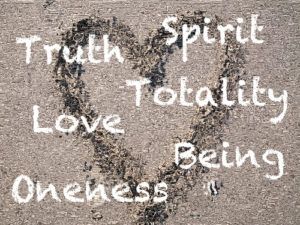
Feeling resistance to the language of the Course is a GREAT ego defense to keep you from learning and progressing with the Course. The ego will pull anything it can out of the hat to keep you from finding out that you’re NOT your ego, and that you’re Love. The ego fears you’ll abandon it for Love, and you will! So your ego would prefer that you not learn the Course, because it is a Course about Love. So the question becomes, are you willing to look past the resistance of your ego, to learn the concepts behind the terms?
All terms are potentially controversial, and those who seek controversy will find it. Yet those who seek clarification will find it as well. They must, however, be willing to overlook controversy, recognizing that it is a defense against truth in the form of a delaying manoeuvre. – A Course in Miracles
It is the concepts of the Course that matter – not the language, the symbols, or the terminology. “God” isn’t a guy, there is no white beard, and the masculine pronouns aren’t referring to men. Initially if the wording bothers you, try substituting something else. Here are some words I use in place of “God” and “Holy Spirit:”
“God” – Truth, Love, Oneness, Being
“Holy Spirit” – Inner Guide, Inner Guidance System, Inner Teacher, Voice of Love
Also, keep in mind that the Course is clear that this is only one path of many. It is NOT the only way.
A universal theology is impossible, but a universal experience is not only possible but necessary. It is this experience toward which the course is directed. – A Course in Miracles
This was always reassuring to me in that the Course is not about any kind of rigid spiritual dogma, and it is not about converting anyone. It is a course that applies directly to you, your relationship with others, and your relationship with your Inner Teacher. No one else can do this work for you. So you have to decide if this is your path. If it is, be willing to look at your resistance to the language with your Inner Teacher. Hand that resistance over to your Inner Teacher and ask for help to see it differently.
One more thing! Another area that people might get hung up with is that the voice of the Course is believed to be the voice of Jesus. If this bugs you, again, you have to decide if you are going to let this stop you from learning the concepts. The Course reassures us that Jesus is only one of many teachers (again there is no religious dogma!).
Are other teachers possible, to lead the way to those who speak in different tongues and appeal to different symbols? Certainly there are. – A Course in Miracles

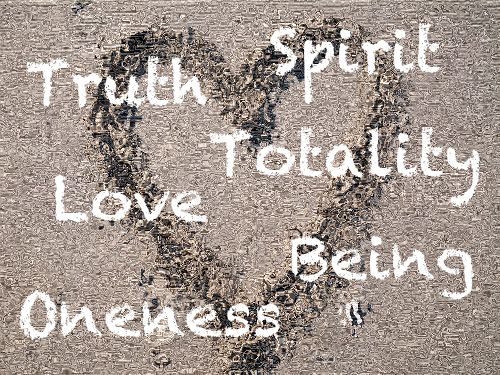

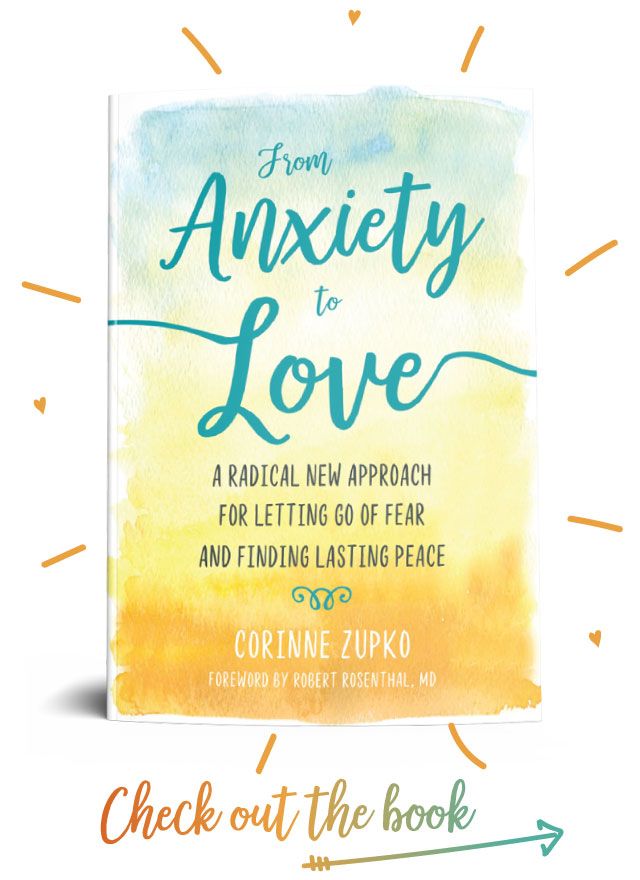
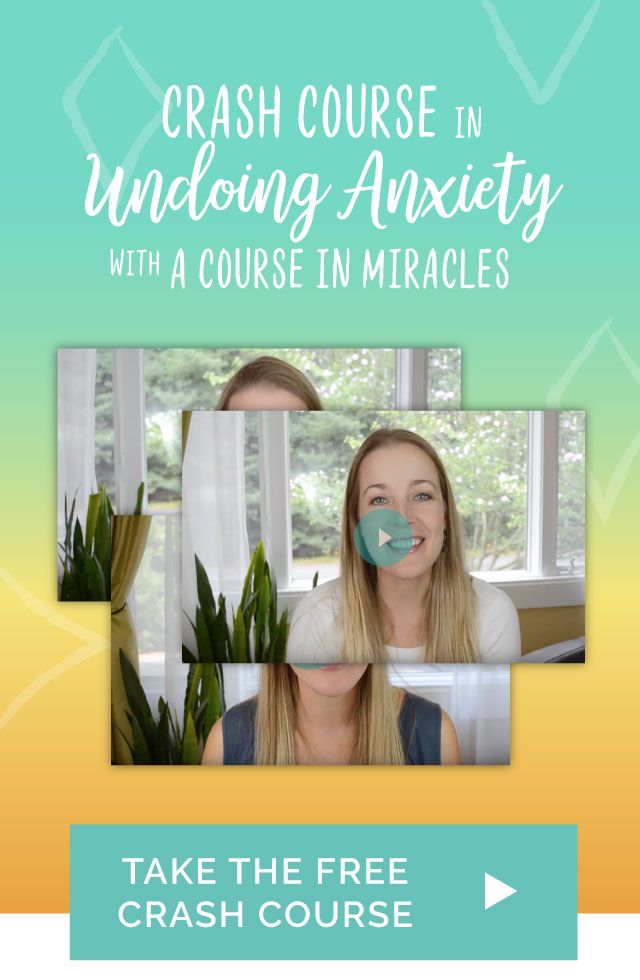
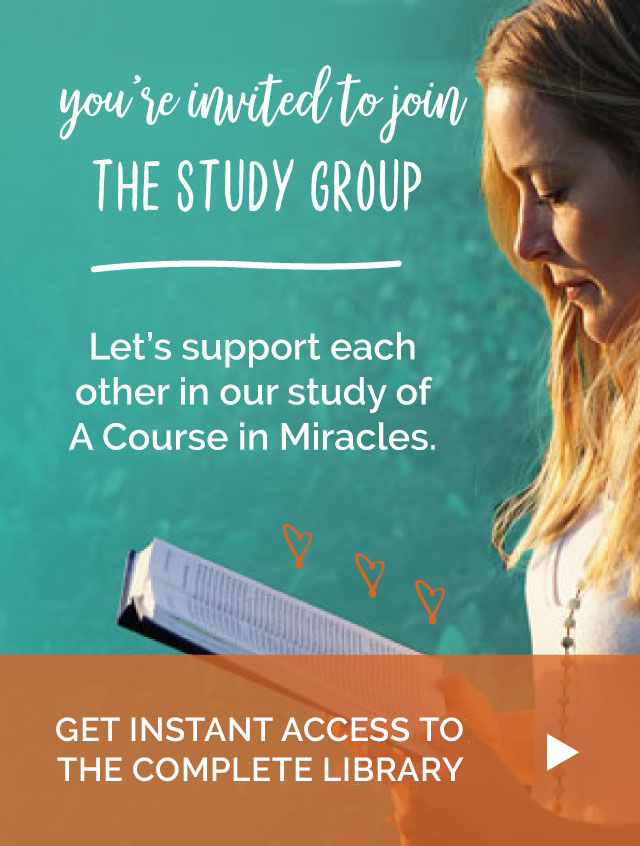
Just an additional thought… I do substitute some words when reading the Course. The one I found to be the biggest help is … Whenever I see the word Atonement I substitute “Correction” … It helps me to understand!!!
I love your use of “correction” – I also really like using the term “undoing” for Atonement as well!
That’s such a good idea Peter! Sometimes when I’m reading it’s like I forget what it all means, so I’m constantly looking for definitions. “Correction” is the easiest way to remember exactly what the Atonement is. Thanks!
An excellent post on the very important dynamic of resistance . Whenever change is called for there you will find resistance. Resistance is also a safeguard so that only those who are ready for change will overcome their resistance.
Have any texts been written to teach the concepts in words which are less dogmatic? I take no issue with Atonement, specifically, because it never held the connotation with religion. Same with “redemption”; both of them are aesthetically pleasing and strike me as poetic. But Holy Ghost? Can anyone think of a possible replacement for the word?
Would Universe work?
Hey Jen! This is a great question and you’re not alone in finding the language of ACIM difficult. The Course doesn’t actually use the term “Holy Ghost” – but I think you’re referring to “Holy Spirit.” Some common substitute words are: Inner Teacher, Inner Guide, Higher Mind, or Higher Self. You can definitely use the word “Universe.”
You might want to check out Liz Cronkhite’s translations of ACIM in plain English: http://www.acimmentor.com/placimhome.html
I hope that helps!
Yes, it does. Thank you so much for helping me out. There, my resistance is gone~! <3
Terrific answer to a great question Corrine. There is one correction however, that I would like to offer. The idea that this is a self-study course has somehow woven it’s way into the lore of A Course in Miracles. No where in the course does it say that this is a self-study course. Many of the scholars of the course have been asked about this including Ken Wapnick without any definitive answer.
The Course however gives ample evidence that this a a course to be taught by teachers to students or pupils. How does one become a Teacher? By reading the text, doing the workbook, and listening to Spirit for further instructions. If you’re called to teach and have the passion and resources to do so, then you begin teaching.
A course in miracles gives the same message of nonduality as found in advaita vedanta in Hinduism. Look up swami sarvapriyanda of NYC Vedanta society on YouTube. God is referred to as pure consciousness with the nature of sat-chit-ananda or existence-consciousness-bliss in advaita. The holy spirit is the teacher. It can be an inner voice or it may take the shape of a person, a spiritual guru or teacher, etc. Swami sarvapriyanda’s teachings make the teachings of ACIM even easier to understand. I highly recommend going through his lectures on YouTube especially the two lectures on ashtavakra gita.